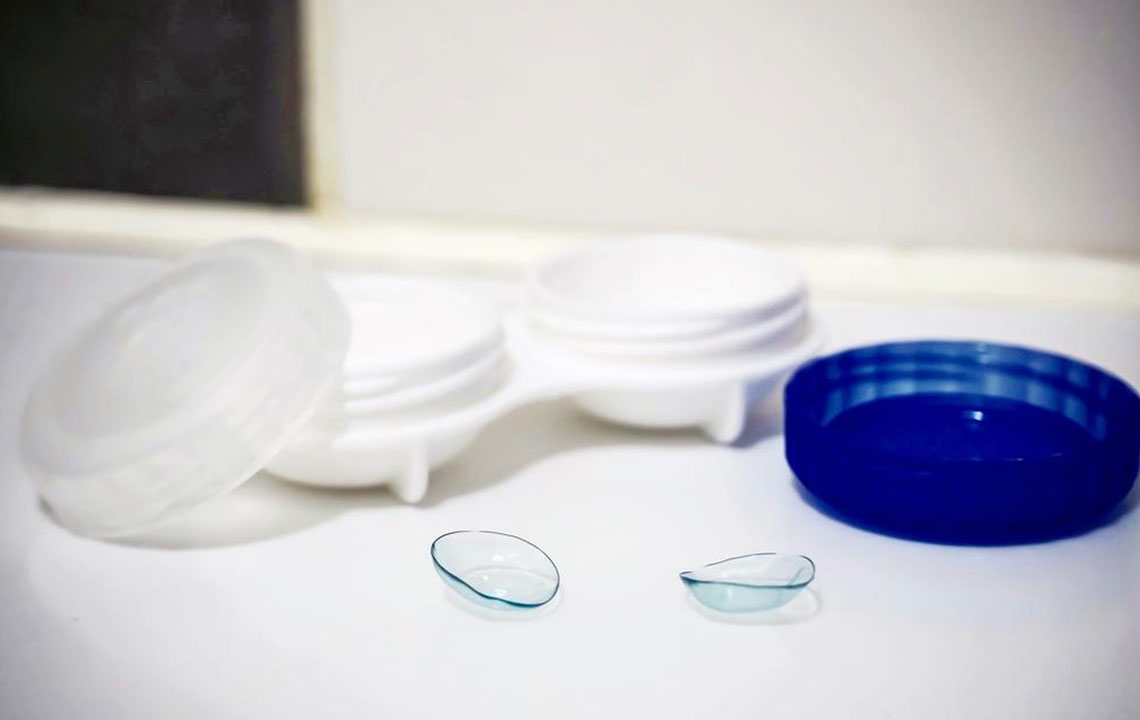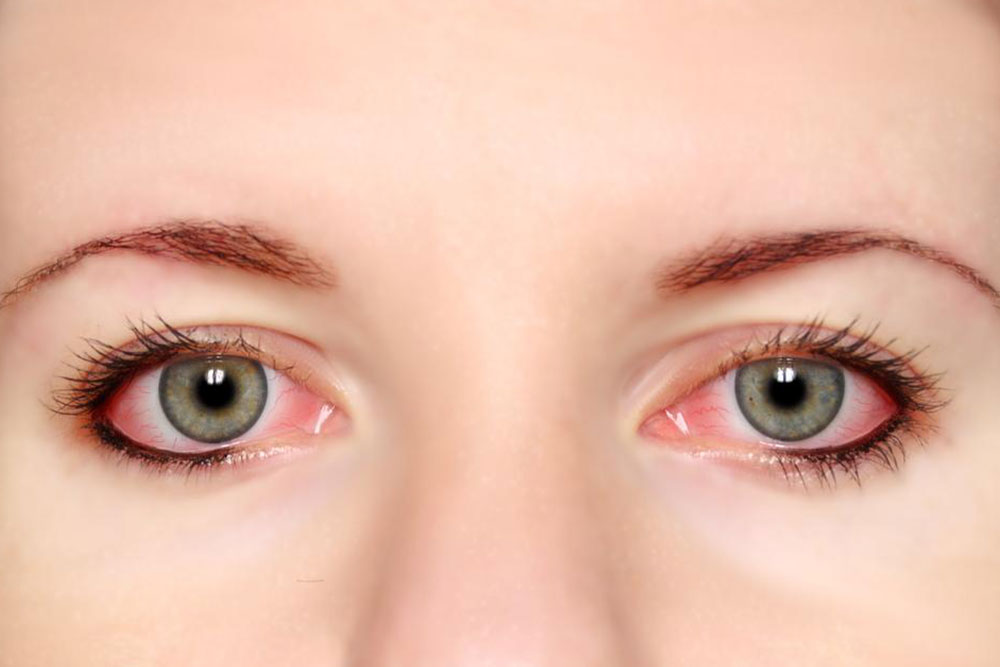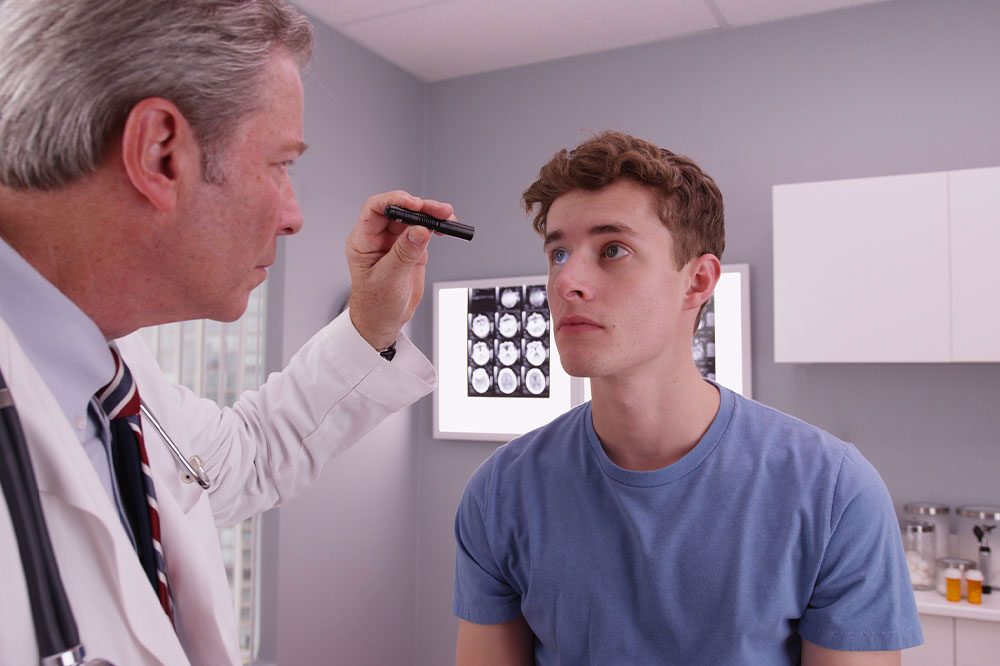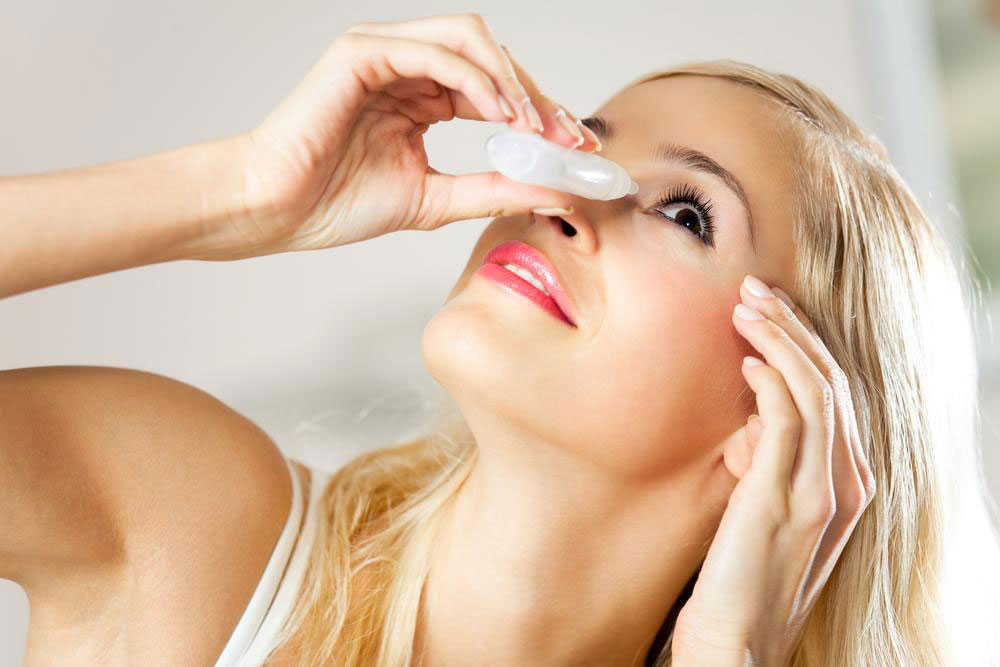Comprehensive Guide to Maintaining Healthy Contact Lens Use
Proper contact lens maintenance is crucial for maintaining eye health and ensuring clear vision. This comprehensive guide shares essential tips including hand hygiene, cleaning routines, appropriate disinfectants, and storage methods. Following these best practices can prevent infections, discomfort, and long-term eye issues. Regular eye check-ups and careful handling are key components of effective lens care. Maintain strict hygiene routines and replace your lens case periodically to keep your eyes safe. Proper lens maintenance not only extends the lifespan of your lenses but also promotes overall eye wellness, making it a vital aspect of vision care.

Comprehensive Guide to Maintaining Healthy Contact Lens Use
Selecting the right contact lenses is a critical first step towards better vision correction, but equally important is how you care for them. Proper maintenance and hygiene are vital to ensuring your eye health remains uncompromised. Failure to follow appropriate cleaning routines can result in irritation, infections, or even more severe consequences like vision impairment. This extensive guide provides essential tips and best practices to keep your contact lenses clean and safe, promoting healthy eyes and clear vision.
Fundamental Contact Lens and Eye Care Practices
Always wash your hands thoroughly using soap and water before handling your contact lenses or touching your eyes. Clean hands help prevent the transfer of bacteria, dust, and other contaminants that can cause infections or irritations.
Ensure your hands are completely dry before touching your lenses. Moisture on your skin can transfer onto the lenses and increase the risk of bacterial growth. Use a clean towel or air dry your hands completely to avoid introducing extra moisture or contaminants.
Prevent transferring dirt, debris, or germs onto your lenses by avoiding contact with unclean surfaces or objects. Do not place your lenses on surfaces that may harbor bacteria, and avoid touching dirty or contaminated items when handling your lenses.
Refrain from using moisturizing soaps, body lotions, or harsh cleansers when handling contact lenses, as these products can leave residues or damage the lenses. Always use solutions specifically formulated for contact lens disinfection.
Handle your lenses gently to prevent tearing or scratching. Use gentle motions when inserting or removing lenses, and avoid applying excessive pressure.
Use the appropriate disinfecting solution recommended by your eye care professional. Different lens types may require specific cleaning agents, so consult with your optometrist for personalized advice. Never reuse old solution; always discard used solution and refill with fresh disinfectant each time.
Clean your lenses by applying the disinfecting solution and rubbing them gently with your fingertips. The FDA suggests daily rubbing and cleaning, even for "no-rub" lenses, to ensure thorough removal of debris and residues.
Rinse lenses carefully with fresh solution after cleaning to remove loosened dirt and disinfectant residue. Never use tap water, saliva, or other unrelated liquids to rinse your lenses, as these can introduce bacteria or impurities.
Store your contact lenses in a clean, dry contact lens case filled with fresh disinfecting solution. Regularly clean your lens case with soap and water, and replace it at least every three months to prevent bacterial buildup.
Remove and clean your lenses immediately if you notice redness, discomfort, or blurriness. Do not wear lenses that are damaged, scratched, or contaminated.
Schedule regular check-ups with your eye care specialist to monitor your eye health and receive personalized recommendations for lens care and replacements.
Proper contact lens care is fundamental to maintaining healthy eyes and avoiding avoidable complications. Using high-quality cleaning products, adhering to hygiene protocols, and consulting with your eye care professional are essential steps in a comprehensive lens maintenance routine. With diligent care, you can enjoy clear, comfortable vision while safeguarding your eye health for years to come.





